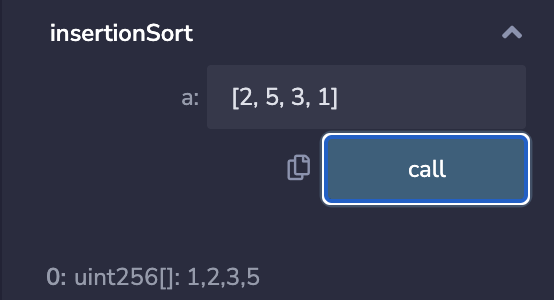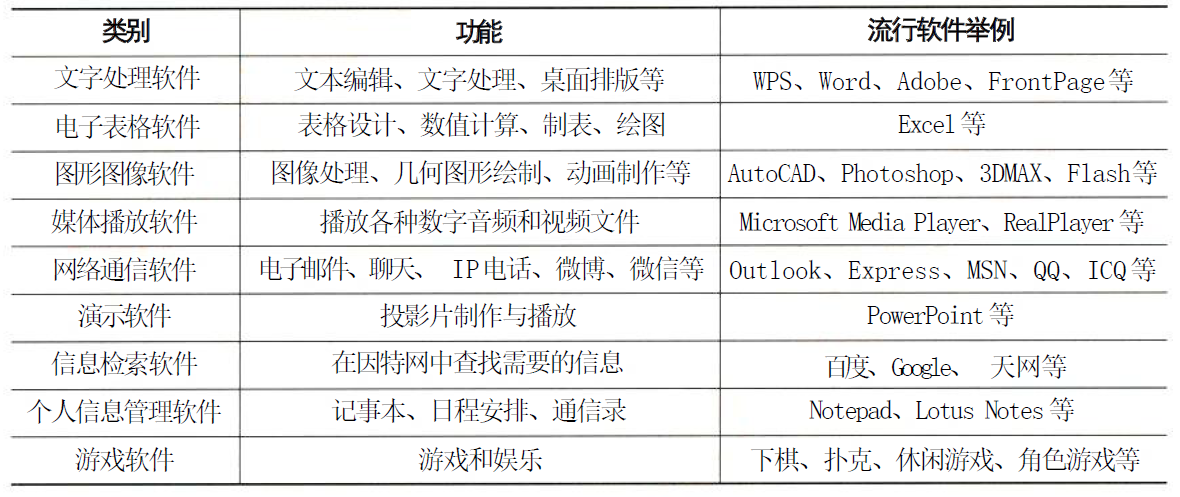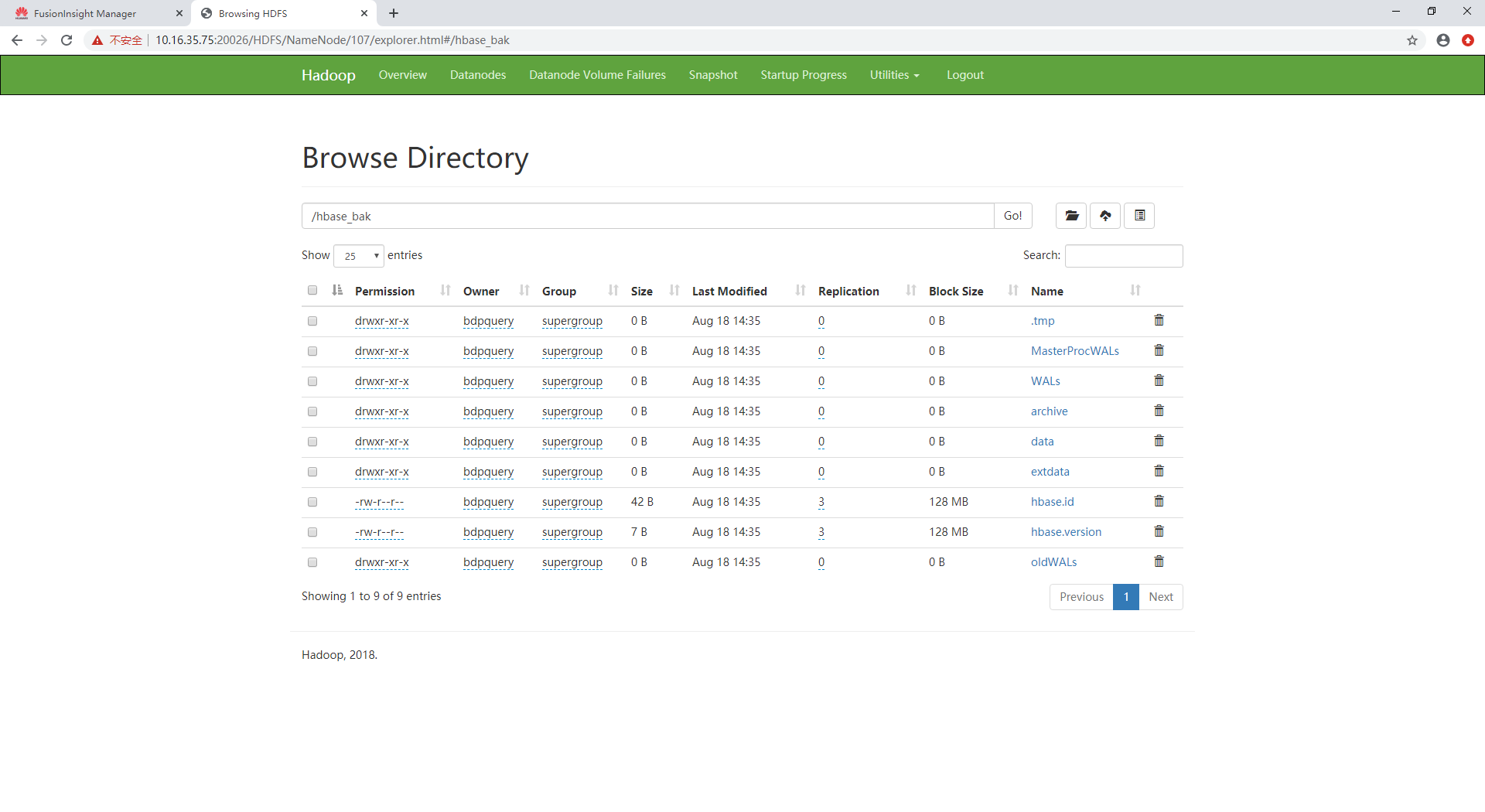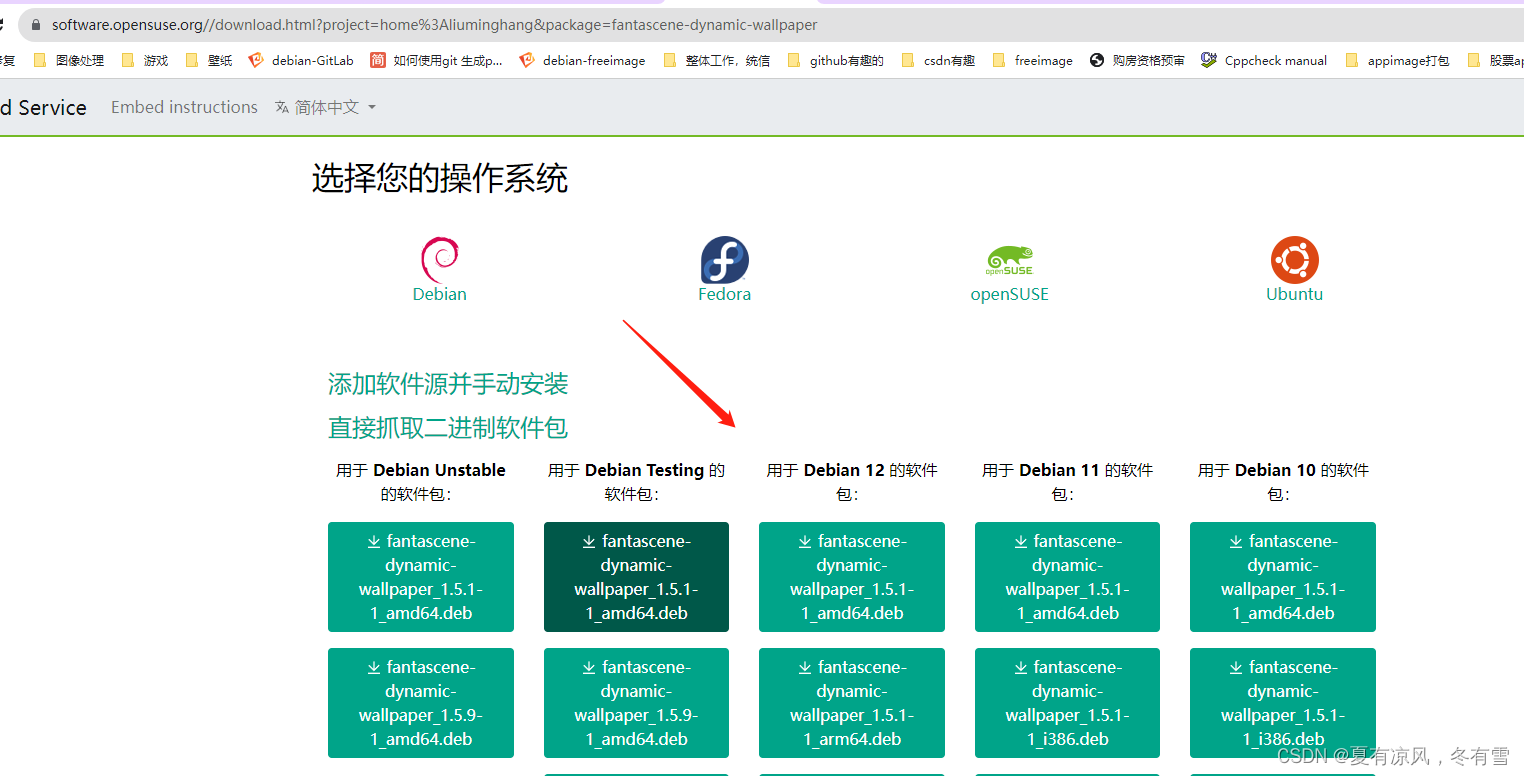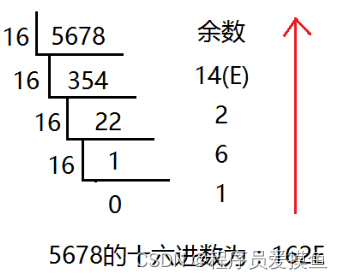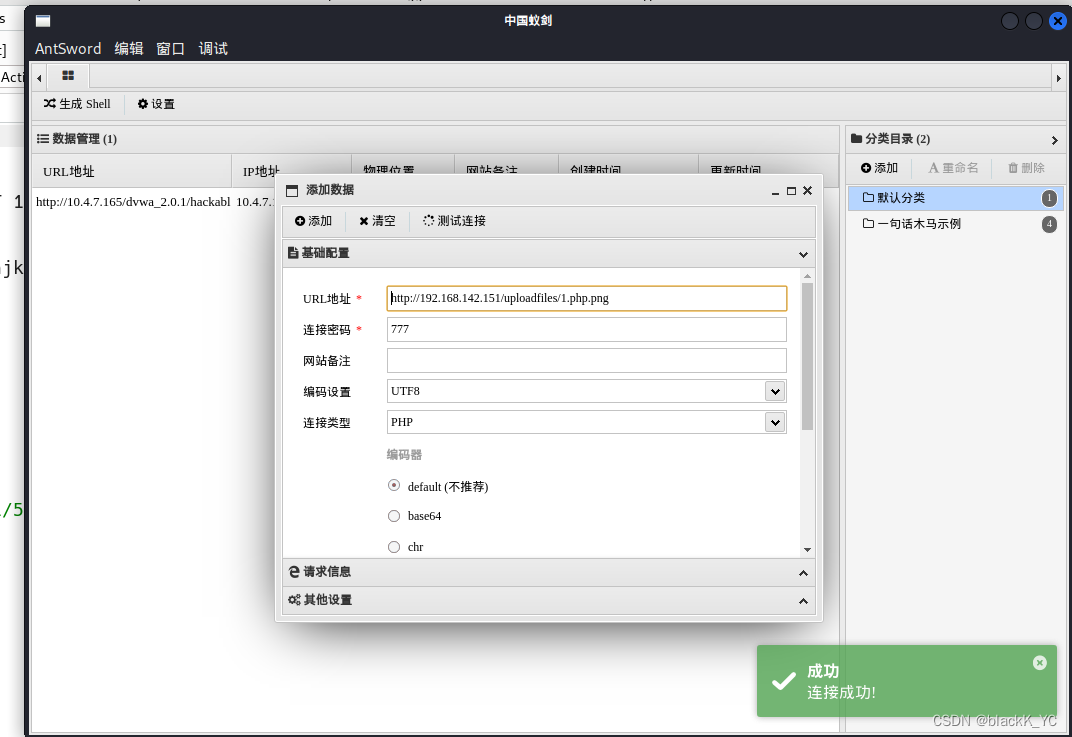前言
行为型模式是对在不同的对象之间划分责任和算法的抽象化。行为型模式不仅仅关注类和对象的结构,而且重点关注它们之间的相互作用。
Interpreter(解释器)
Template Method(模板方法)
Chain of Responsibility(责任链)
Command(命令)
Iterator(迭代器)
Mediator(中介者)
Memento(备忘录)
Observer(观察者)
State(状态)
Strategy(策略)
定义算法家族,分别封装起来,让它们之间可以互相替换,让算法变化,不会影响到用户
GOOD:适合类中的成员以方法为主,算法经常变动;简化了单元测试(因为每个算法都有自己的类,可以通过自己的接口单独测试。
策略模式和简单工厂基本相同,但简单工厂模式只能解决对象创建问题,对于经常变动的算法(方法)应使用策略模式。
BUG:客户端要做出判断。

strategy.h
#ifndef CLION_TEST_STRATEGY_H
#define CLION_TEST_STRATEGY_H
// 策略基类
class COperation {
public:
int m_nFirst;
int m_nSecond;
virtual double GetResult() {
double dResult = 0;
return dResult;
}
};
// 策略具体类——加法类
class AddOperation : public COperation {
public:
AddOperation() {
}
AddOperation(int a, int b) {
m_nFirst = a;
m_nSecond = b;
}
double GetResult() final {
return m_nFirst + m_nSecond;
}
};
class Context {
private:
COperation *op;
public:
Context(COperation *temp) {
op = temp;
}
double GetResult() {
return op->GetResult();
}
};
#endif //CLION_TEST_STRATEGY_H
main.h
#include <iostream>
#include "strategy.h"
using namespace std;
int main() {
system("chcp 65001");
// 简单工厂模式
int a = 1;
int b = 2;
// 策略模式
char c = '+';
switch (c) {
case '+':
Context* context = new Context(new AddOperation(a,b));
cout<<context->GetResult()<<endl;
break;
default:
break;
}
return 0;
}
策略模式与工厂结合
将实例化具体的类过程移至到Context对象的引用中。
strategy.h
// 策略与工厂结合
Context(char cType) {
switch(cType) {
case '+': op = new AddOperation(3,8);
break;
default:
op = new AddOperation();
break;
}
}
main.h
int main()
{
int a,b;
cin>>a>>b;
Context *test=new Context('+');
cout<<test>GetResult()<<endl;
return 0;
}
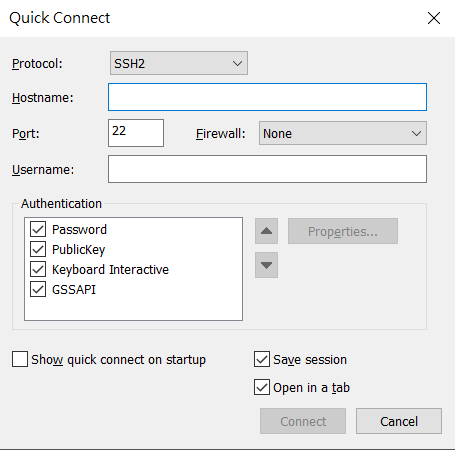
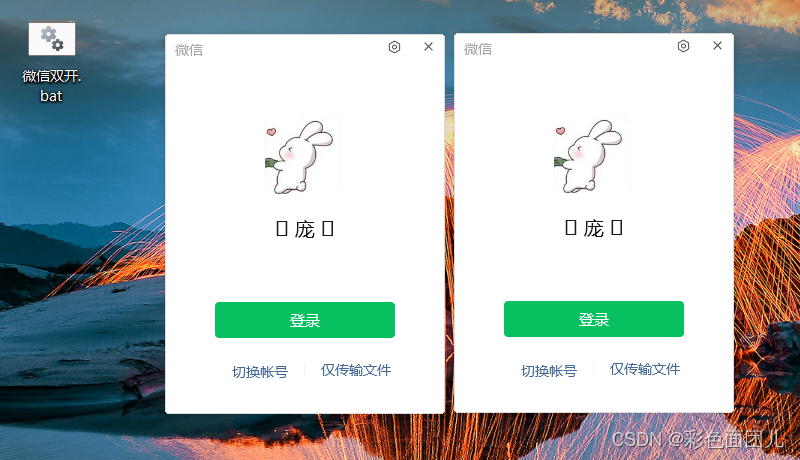
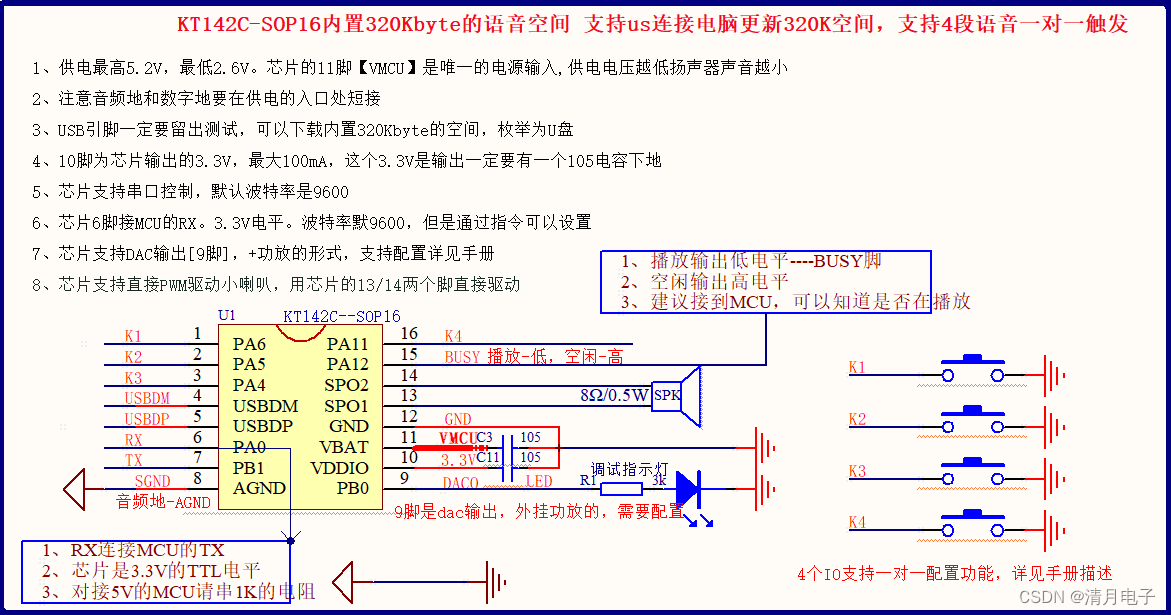


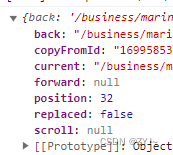


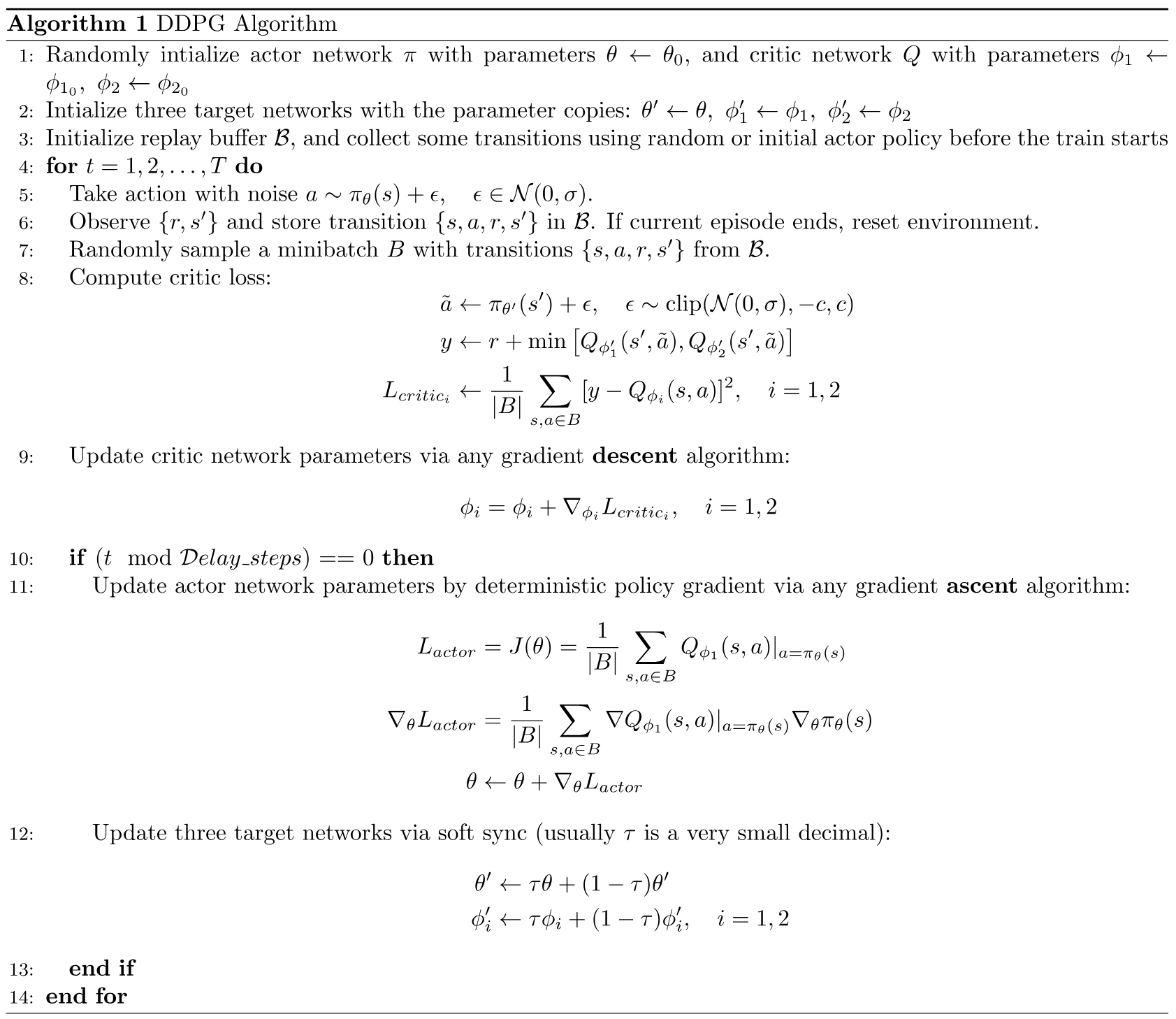
![[漏洞复现] metinfo_6.0.0_file-read(任意文件读取)](https://img-blog.csdnimg.cn/img_convert/b39812fa3f35b0d98f1bba93b6b14484.png)
